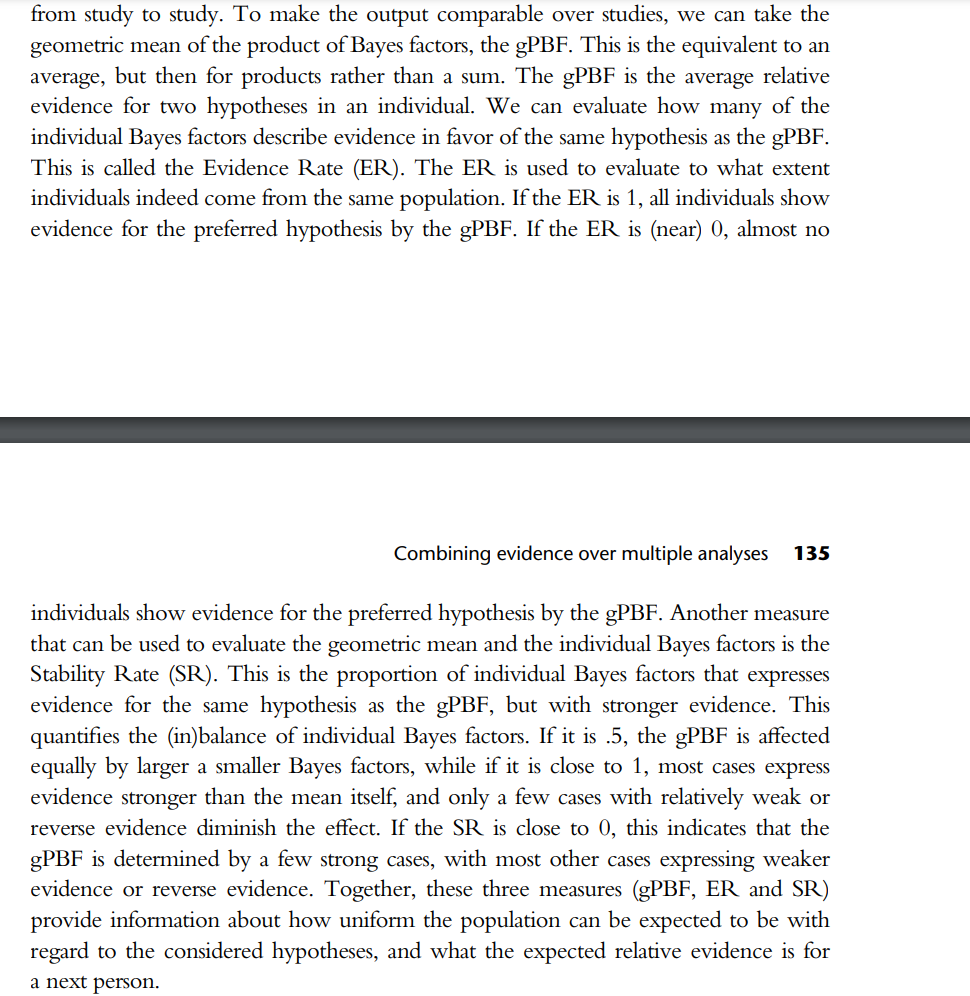mmibain 0.2.0 Release Party
mmibain 0.2.0 is now available on CRAN: https://CRAN.R-project.org/package=mmibain. The updated package has a new function and a corresponding app.
BF_for_everyone()
The Bayes Factors for Everyone, BF_for_everyone(), function is a function which based on the work of Fayette Klaassen's Combining Evidence Over Multiple Individual Analyses:
"This chapter presents a Bayesian method to evaluate hypotheses for each person in a sample and aggregate this result to answer the question whether a hypothesis holds for everyone in the sample, rather than on average."
The main workhorse of the method is Bayesian Informative Hypothesis Testing which you can learn more about on the bain website as well as in Mighty Metrika's Quick mmibain Tutorial blog post.
The method is special because it combines two major methods that often show up in the small sample size statistics literature and on mightymetrika.com:
- Informative Hypothesis Testing
- Informative Hypothesis Testing blog post
- Quick mmirestriktor Tutorial blog post
- Quick mmibain Tutorial blog post
- Case-by-case methods
- Ordinary least squares trajectories and case-by-case linear models as presented in the OLStrajr R package
- mmiCATs Release Part blog post
Informative hypothesis testing is a valuable method in small sample size statistics because when a researcher specifies hypotheses based on their expectations gleaned through experience in their field, "power can be gained and inherently a smaller sample size is needed."
Case-by-case methods are are important in situation where the data generating method suggests that standard errors might be off due to lack of independent observations but there is not enough data to trust traditional methods (such as mixed effects models and cluster robust standard errors). Also, as stated in Klaassen's book chapter, case-by-case methods can also be important when you want to know if the hypothesis holds for each person in the sample.
The basic workflow for BF_for_everyone() is the following:
- Fit a stats::lm linear model for each participant
- Specify a hypothesis for bain
- Use the fitted linear model and bain hypothesis to fit a bain model for each participant
- Present Bayes Factors for each participant
- Aggregate Bayes Factors by presenting the
- gPBF
- Evidence Rate
- Stability Rate
These aggregate measures are described as follows in Klaassen's chapter:

The version of BF_for_everyone() function that's available in mmibain 0.2.0 only allows using stats::lm as the underlying statistical model. Future versions of mmibain might strive to include a richer set of statistical models given the flexibility of the 'bain' R package and the flexibility of the Bayesian informative hypothesis testing framework.
BFfe()
As is standard in Mighty Metrika software, the exported functions which represent the central statistical methods get their own Shiny application. The BFfe() function is the Shiny application which can be used to run the BF_for_everyone() function on csv data. To access the application online, go to https://www.mightymetrika.com/tools and click the BFfe button.
A quick tutorial on the BFfe application is coming up in the next few weeks.


